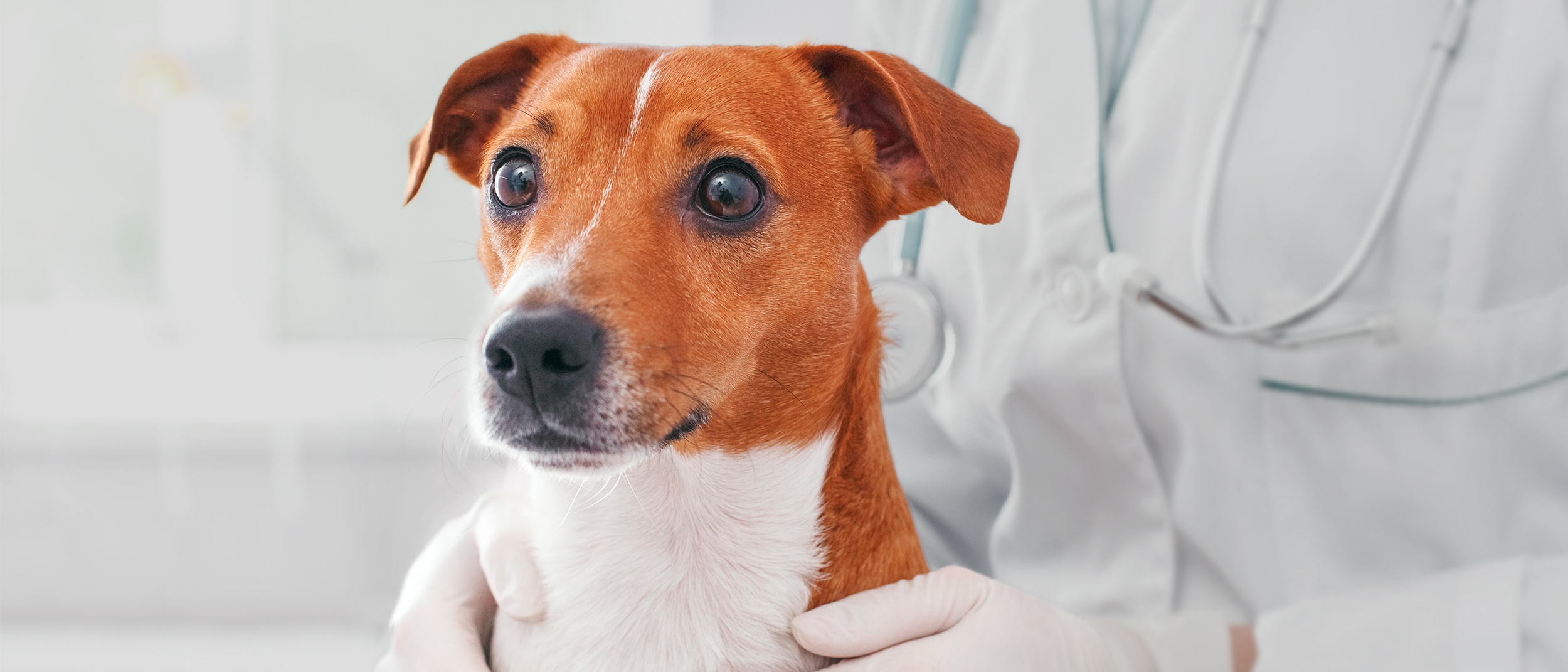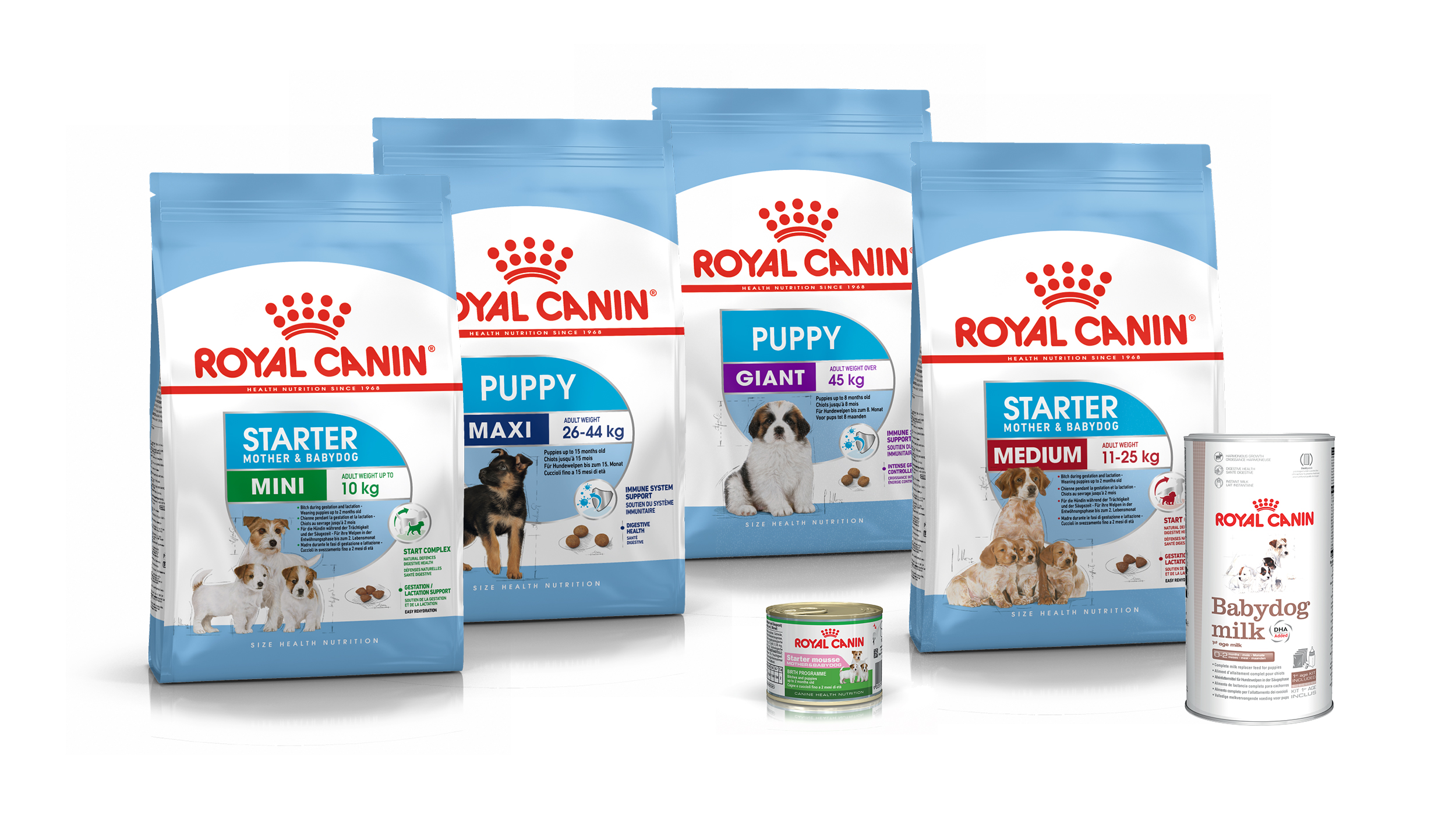Puppy vaccinations: canine parainfluenza virus
Article

What is canine parainfluenza virus?
Canine parainfluenza is a respiratory virus and one of the many viruses that can cause kennel cough in dogs. It is highly contagious and commonly develops in situations where a lot of dogs are in close proximity with each other.
What are the symptoms of canine parainfluenza?
If your puppy is suffering from canine parainfluenza it’s likely they’ll have the following symptoms:
- A dry, hacking cough
- Fever and high temperature
- A runny nose
- Sneezing
- Eye inflammation
- Depression, lethargy and loss of appetite
What causes canine parainfluenza?
The virus commonly develops in situations where a large groups of dogs are close together for a period of time. This could include breeders, kennels, shelters, pet shops, day care and dog shows.
It is transmitted through contact with infected dogs, their bowls and bedding as well as through coughing and sneezing.
Can my puppy be vaccinated against parainfluenza?
Vaccinations help prevent contagious and sometimes fatal diseases, so it's important to make sure your puppy gets the necessary jabs at the right age.
Some vaccinations mandatory, while others are recommended depending on the risks your puppy faces of contracting the virus. The vaccine for parainfluenza is not mandatory.
How do I know if my puppy needs the vaccine?
A veterinarian can help you choose a vaccination program that suits your puppy's needs based on where they will be staying and what activities they will participate in.
Will the vaccine always cover my dog for canine parainfluenza?
Viruses can mutate. Some change a lot, some moderately, and others hardly at all.
Canine parainfluenza is known to mutate and as such, new vaccinations should be administered annually to ensure your dog is protected from any new strains of the virus throughout their life.
Speak to your vet as they will be able to help you choose a vaccination programme best suited to the needs of your puppy, depending on where they’ll be spending time and the activities they’ll be doing.
Other ways to prevent my puppy contracting canine parainfluenza?
When considering a kennel, the first thing you should look for is whether they require all dogs to have the vaccination against canine parainfluenza or kennel cough. You’ll know this through the details you’ll have to provide yourself when applying for a place for your puppy.
If you take your puppy to kennels or day care they should check several specific factors, including their vaccination history. It’s likely that they will insist on your puppy being vaccinated at this point, before they are allowed to stay.
This should ensure the virus does not enter into or spread in the vicinity.
Other questions to ask the kennels or day care include what precautions they take with sick dogs, such as quarantine, and the protocols they have in place for cleaning and disinfection. Ensuring that you are aware of all of the processes in place will help to prevent your puppy from contracting canine parainfluenza.
What to do if I think my dog is suffering?
If you think your puppy is suffering from canine parainfluenza you should take them to your vet immediately. They will carry out a number of tests to determine whether your puppy is infected and recommend the best course of action.
When dogs are in close quarters, the threat of a number of viruses is increased. It’s so important you discuss with your vet where your puppy will be spending time, so they can recommend the right vaccination schedule.
Related Articles

Tailored nutrition for your puppy
A range of formulas that help build their natural defences, support healthy growth and digestive system development.
Like & share this page with your friends & family